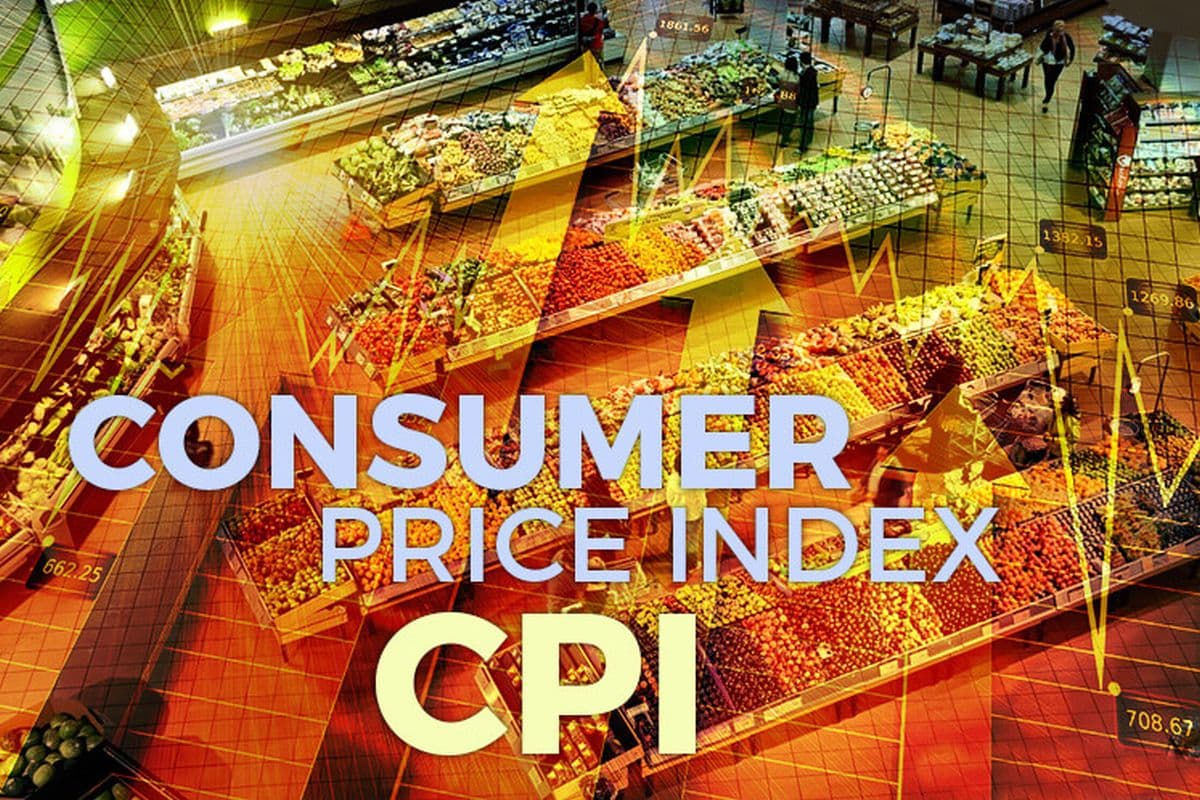
KUALA LUMPUR (April 20): Economists project Malaysia’s full-year inflation to ease to between 2.5% and 3%, lower than Bank Negara Malaysia’s 2.8%-3.8% forecast, as March's headline inflation eased more than expected to 3.4% from 3.7% in February, marking the seventh straight month of deceleration.
The continued easing of the headline inflation mainly reflected the effects of lower energy prices, high statistical comparison base a year ago, and continued subsidies by the government as prices of most food items and services appeared to remain sticky, said UOB Bank’s senior economist Julia Goh in a note Thursday (April 20).
The March inflation figure was lower than UOB's 3.5% estimate and Bloomberg's 3.6% consensus forecast, she noted.
“Barring any potential changes in domestic price and subsidy policy, we believe the existing disinflationary process will persist throughout the remaining months of the year. But, the pace of easing may be more moderate than previously anticipated given the stickiness of core inflation, which has surpassed headline inflation for a sixth consecutive month and implying resilience of domestic demand," she said.
Core inflation, which excludes volatile fresh food prices and price-administered goods, moderated to 3.8% from 3.9% in February, eased at a slower pace than headline inflation.
"Backed by sticky core inflationary pressures, still positive domestic growth momentum and domestic financial stability, we continue to see room for BNM to further normalize its monetary policy back to pre-pandemic level," said Goh.
UOB is expecting a final interest rate hike of 25bps at the May 2-3 monetary policy meeting, which will take the overnight policy rate (OPR) back to the pre-pandemic 3%. Thereafter, it expects BNM to leave the OPR unchanged for the rest of the year, in view of a softer inflation outlook globally in 2H23, an expected end to the global rate hike cycle by mid-2023, and rising recession risks in advanced economies.
"We reiterate our 2023 full-year inflation projection of 2.8% (BNM est: 2.8%-3.8%, 2022: 3.3%) with the government’s gradual subsidy rationalization, international commodity price movement, exchange rate fluctuation, extreme weather conditions and stronger demand post China’s reopening serving as key wildcards for the outlook," it added.
MIDF Research, meanwhile, expects full-year inflation to ease even more to 2.5%, citing its expectation of easing supply-push factors, ringgit's appreciation, a mild correction in global commodity prices, and better supply chain flows.
“Judging from the re-tabled Budget 2023, we believe the government will keep fuel subsidies, especially RON95, status quo until the end of the year. We anticipate that any targeted-subsidy measures for RON95 and diesel will be rolled out in 2024,” said the research firm.
The main risks to its forecast are persistent high food inflation, heightened geopolitical conflict in the EU, and a spike of commodity prices. “[A] weak ringgit and natural disaster impacts could [also] negatively affect the trajectory of food prices in Malaysia,” said MIDF in a note on Thursday.
RHB Investment Bank Bhd economist Chin Yee Sian, on the other hand, is of the view that the risks to inflation outlook is tilted to the upside, which led to the bank to expect headline inflation to come in at 3% for 2023, with core inflation at 3.5%.
“Robust domestic demand, coupled with prolonged low interest rates, would continue to fuel core inflation pressures in the next few months. The balance of risk to our inflation outlook is tilted to the upside, driven by changes to the blanket fuel and food subsidies mechanism, global commodity price developments, and risks from supply-related disruptions,” said Chin.
RHB also kept its peak OPR forecast at 3.25%, versus the current 2.75%. "Our view is based on three key main factors: persistence in core inflationary presures, the nominal effective exchange rate is on a steep downward trajectory and resilience of the domestic economy," Chin added.
DOSM said March CPI inflation was at 3.4%
March's inflation, as measured by the consumer price index, rose to 129.9 against 125.6 in the same month of the previous year, representing a growth of 3.4%, but lower than February's 3.7%.
“The slower increase in Malaysia’s inflation for March 2023 was mainly driven by the decrease in the price of unleaded petrol RON97, which eased the inflation of the transport group to 2.4%. This was in line with the downward trend of the Brent crude oil price, which was at US$78.53 per barrel in March 2023 (March 2022: US$115.59)," said the Department of Statistics Malaysia's chief Datuk Seri Dr Mohd Uzir Mahidin in a statement.
“Nevertheless, inflation for food and non-alcoholic beverages (6.9%) and restaurants and hotels (7.2%) remained high, even though it was lower than in February 2023.
“The weight of the food and non-alcoholic beverages group (29.5%), transport (14.6%), and restaurants and hotels (2.9%) comprises 47% of total weight of the CPI, which has a significant impact on the inflation rate and the cost of living,” he said.
He also noted that nine states recorded price increases below the national inflation level of 3.4%, with Kedah recording the lowest increase of 2.1%.